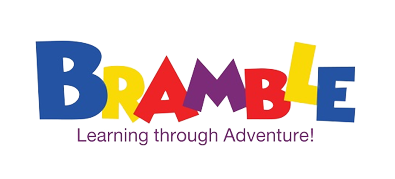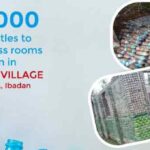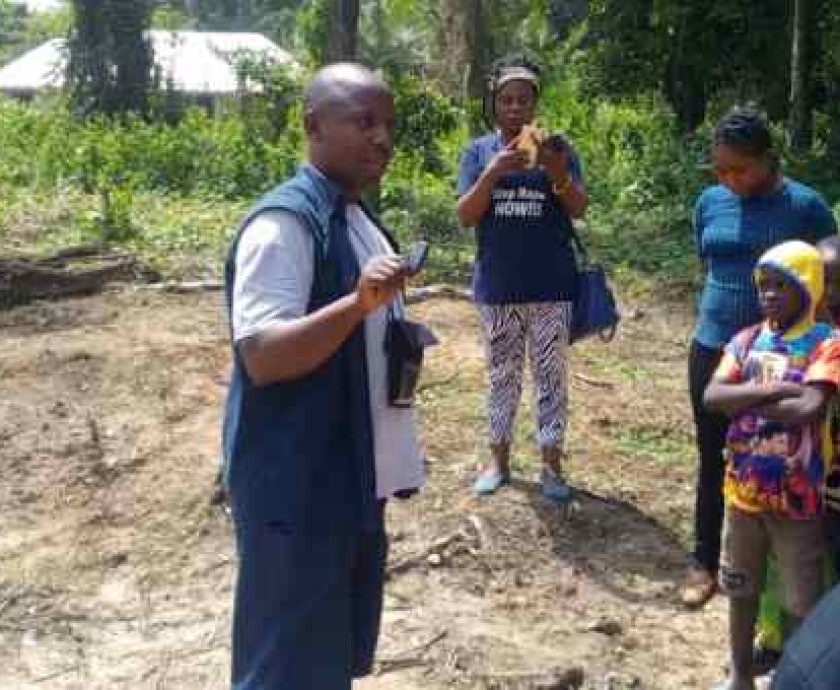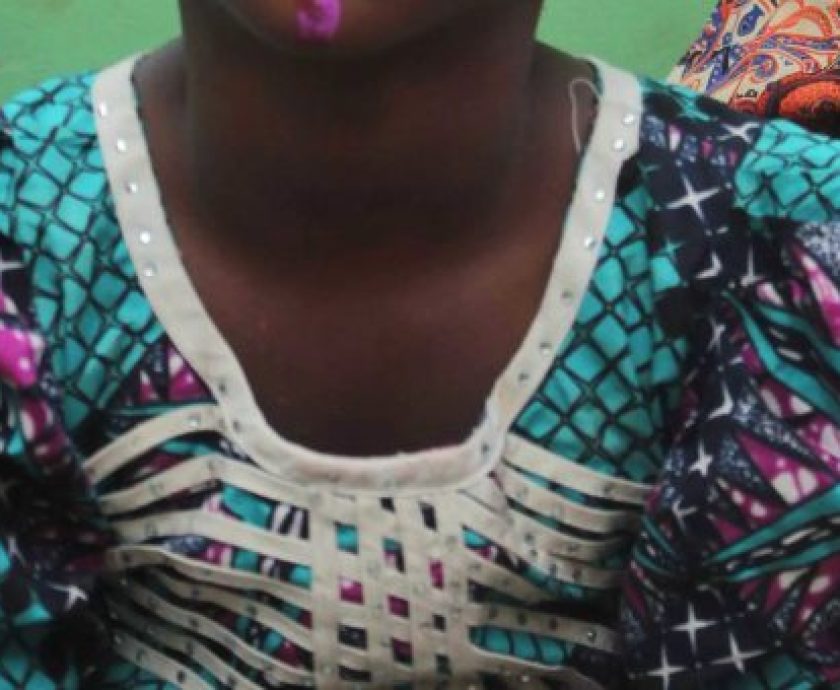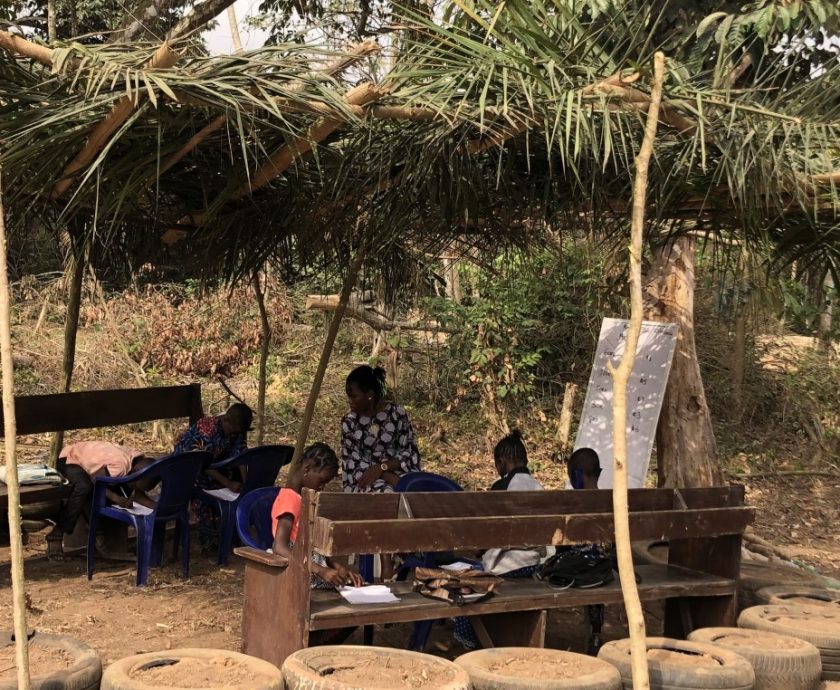In an age of rising tremendous changes due to the exponential growth of technology, its massive effect on education and the world of work. There is the global call for a dynamic shift from the conventional mainstream system of education to a more productive system, hence, the need for an alternative form of education.
In Africa, results from several surveys (Africa Learning Barometer and UBEC) conducted to determine education growth shows that about thirty-seven (37) million children will not learn the basic skills expected to be acquired in primary schools, while seventeen (17) million children will never even learn or attend school. In Nigeria, the number of children not learning basic skills at the end of primary education is over 58 percent of the total number of children, with 65 percent lacking reading skills, and 51 percent not learning basic math skills, a large percent of the out of school children will reach adolescent not having the basic skills needed for survival.
Considering the failing system of the traditional education system based on several factors which include: outdated learning methods, which according to Yap Wei Li “involves instructors and the students interacting in a face-to-face manner in the classroom. These instructors initiate discussions in the classroom and focus exclusively on knowing content in textbooks and notes. Students receive the information passively and reiterate the information memorized in the exams.” The traditional classrooms – Flat floor plan, forward-facing desks, and chairs in rows or pods,
presentation wall, and clear division between the front and back of the classroom (Painter, Fournier, and Grape
2013), Rote Memorization, Core-competence based, Teacher-centered model and grade assessment and evaluation.
Education is supposed to nurture and bring out the inborn potentialities of every child, but the conventional education system has not done much to educate, equip and prepare the Nigerian child for the future. To the effect of
the overwhelming dissatisfaction derived from the conventional mainstream system of education in Nigeria, the rise of a more productive education system is essential.
According to Bryan H. Perez, “alternative learning environments are defined as any space designed for active, hands-on, collaborative activity and/or flexibility within the space for multiple activities beyond the traditional classroom. This may include but is not limited to laboratories, studios, group breakout space, individual breakout space, multifunctional commons, or activated corridors.”
This new approach to education focuses more on the Learner, their interests, how they want to learn, the process and the learning progress. Alternative education creates a supportive learning environment that accommodates diverse learning styles, activities and learning that cuts across disciplines thereby fostering a sustainable education.
Children develop skills such as collaboration, empathy, problem-solving, adaptability to learn new things, resilience, critical thinking, and creative thinking.
Alternative education drives a vision to provide a creative and sustainable education, by equipping learners to be globally competent and locally relevant individuals. This approach to education seeks to transform learning by employing techniques that identify the learner has the main individual in the learning process and to bring out the in-depth potential of every child.
